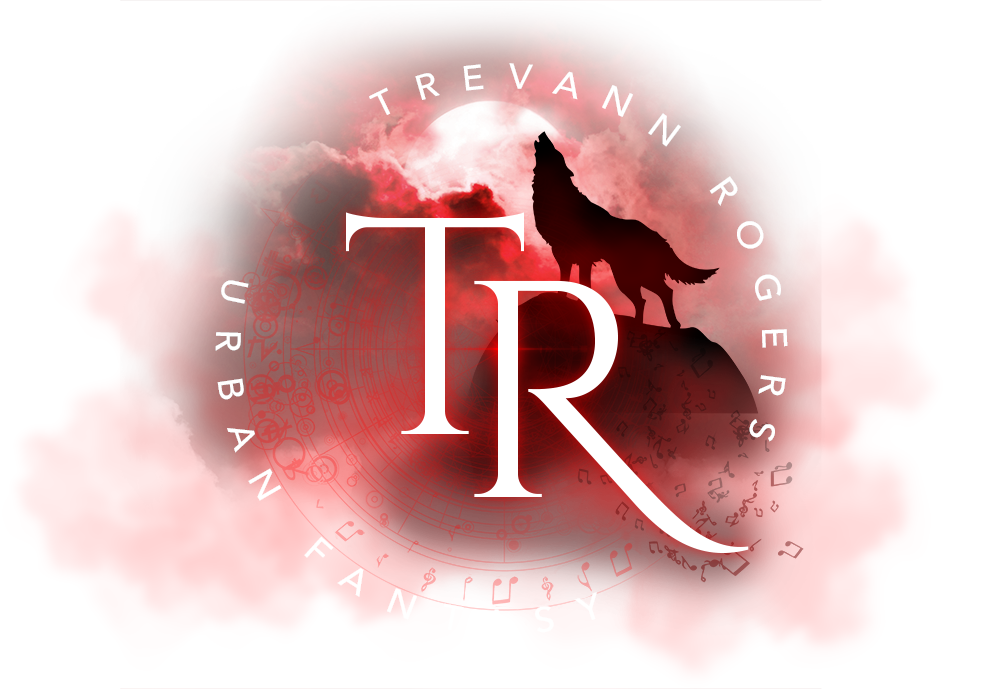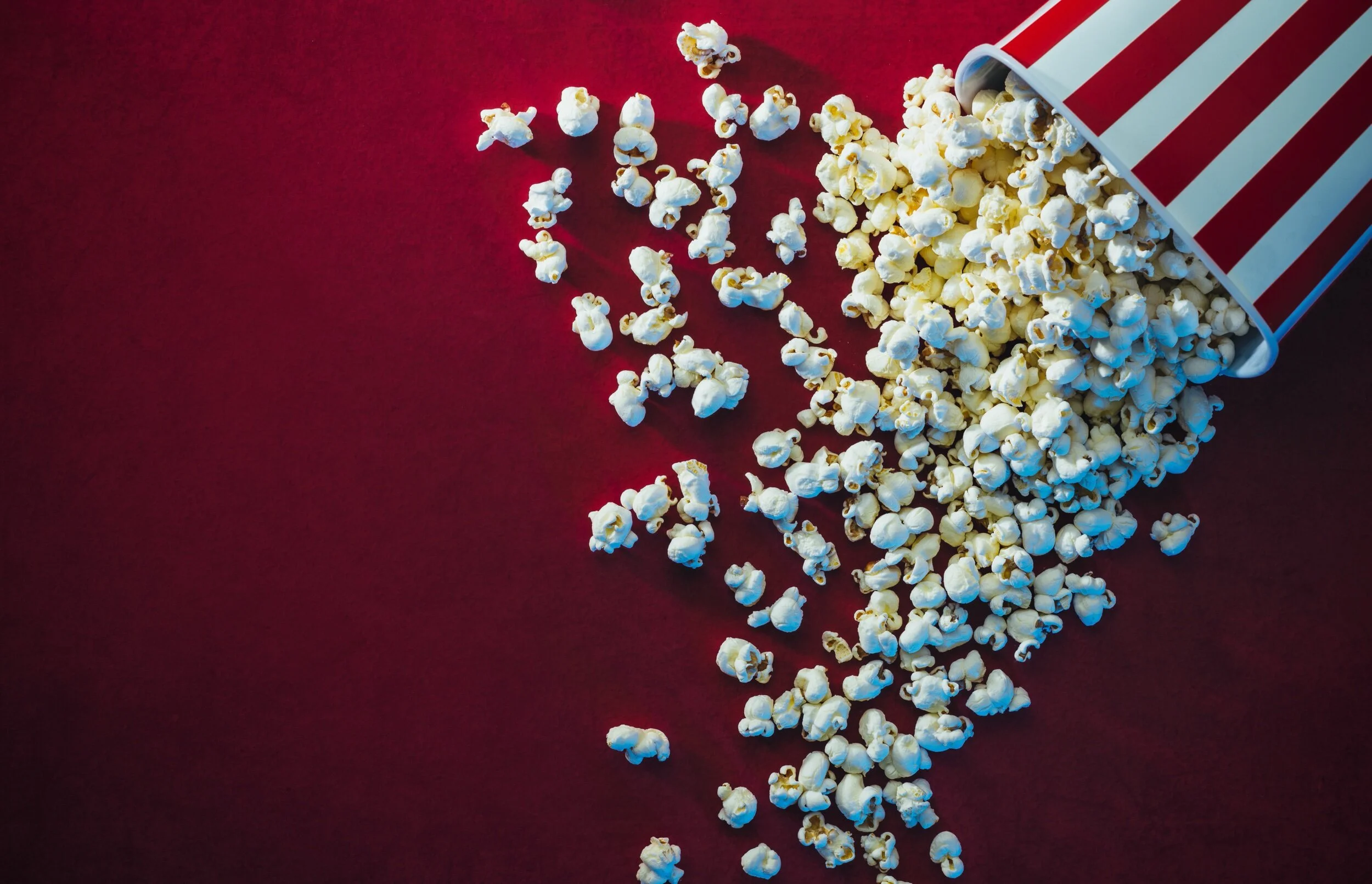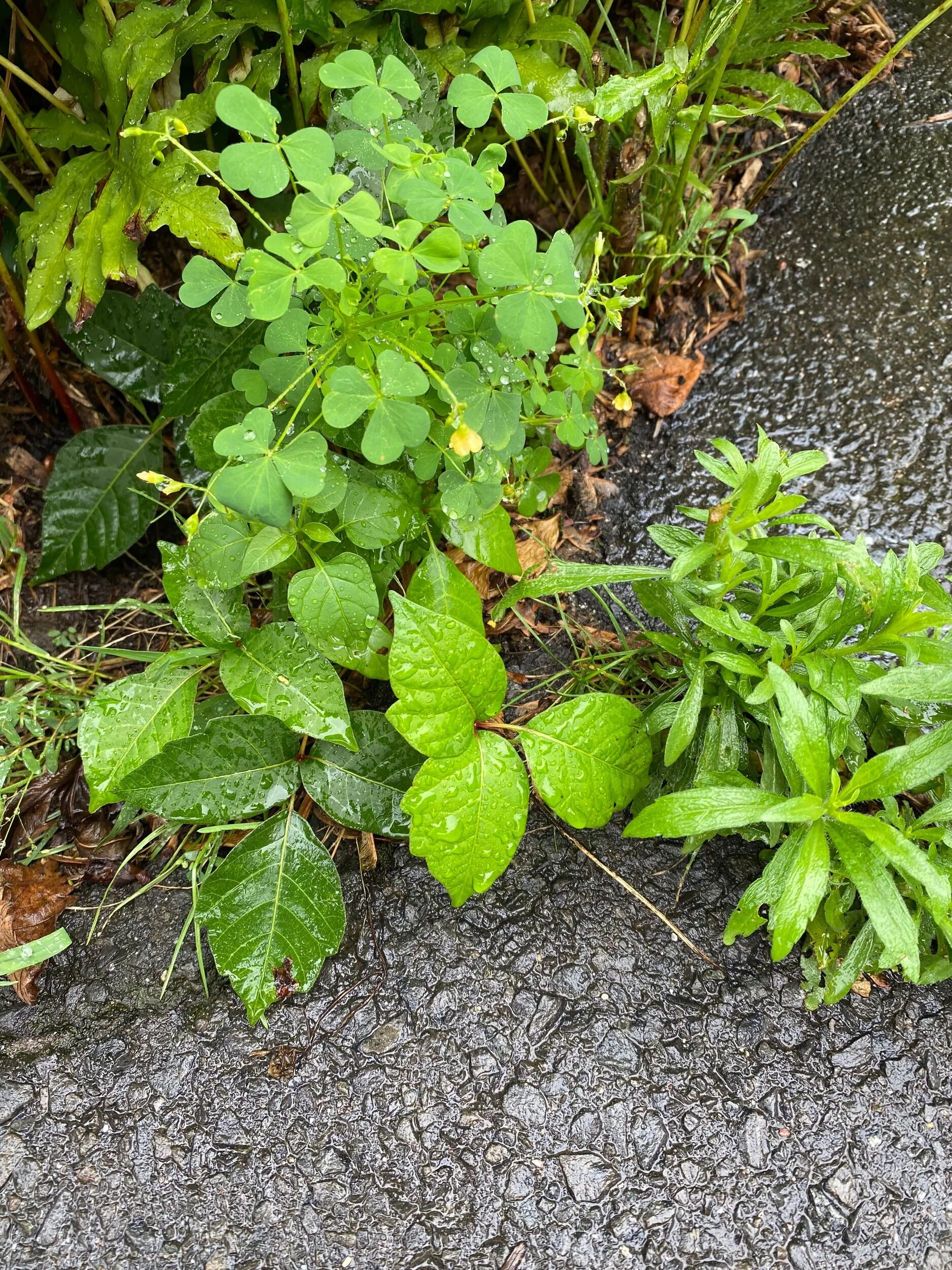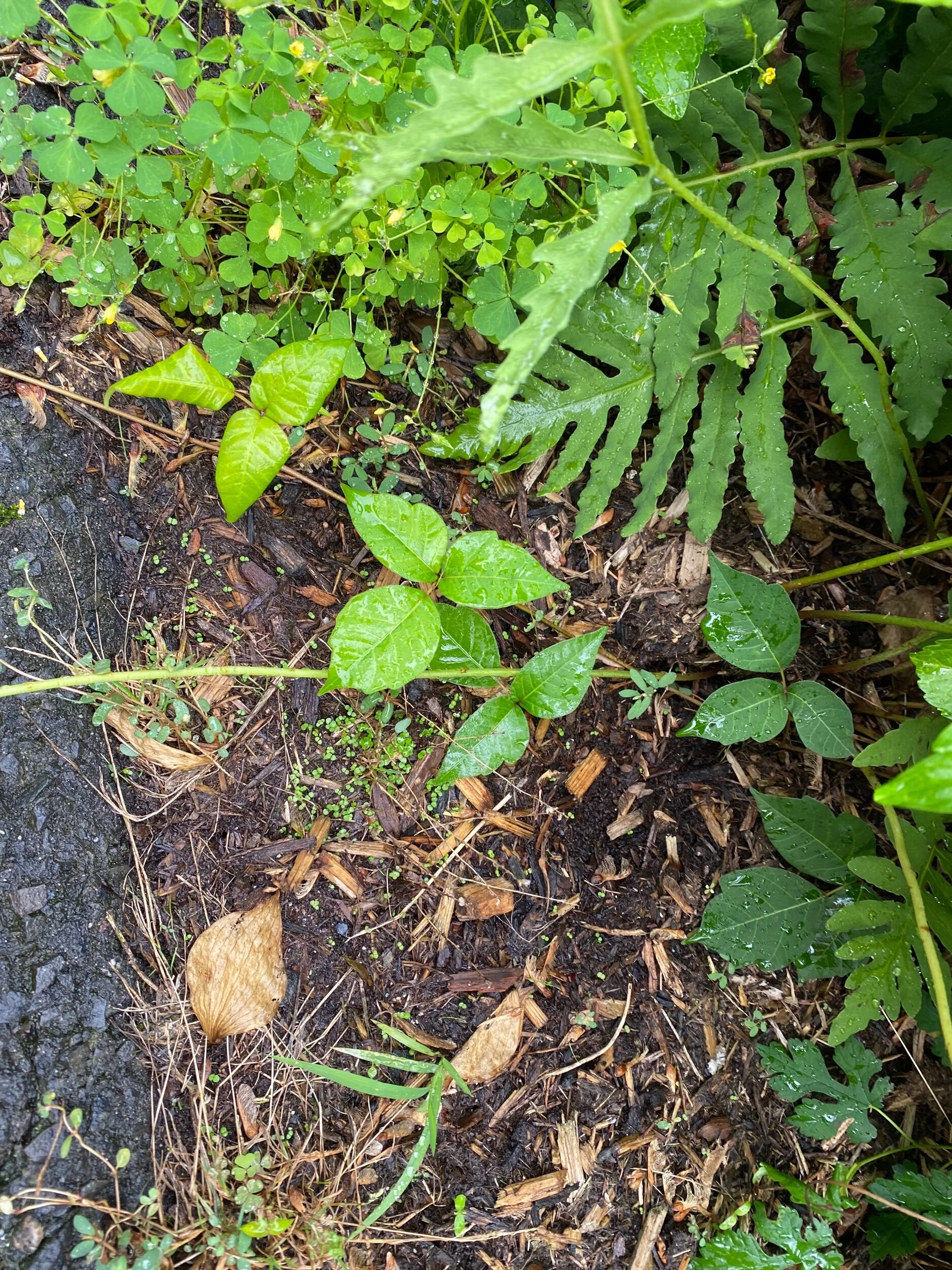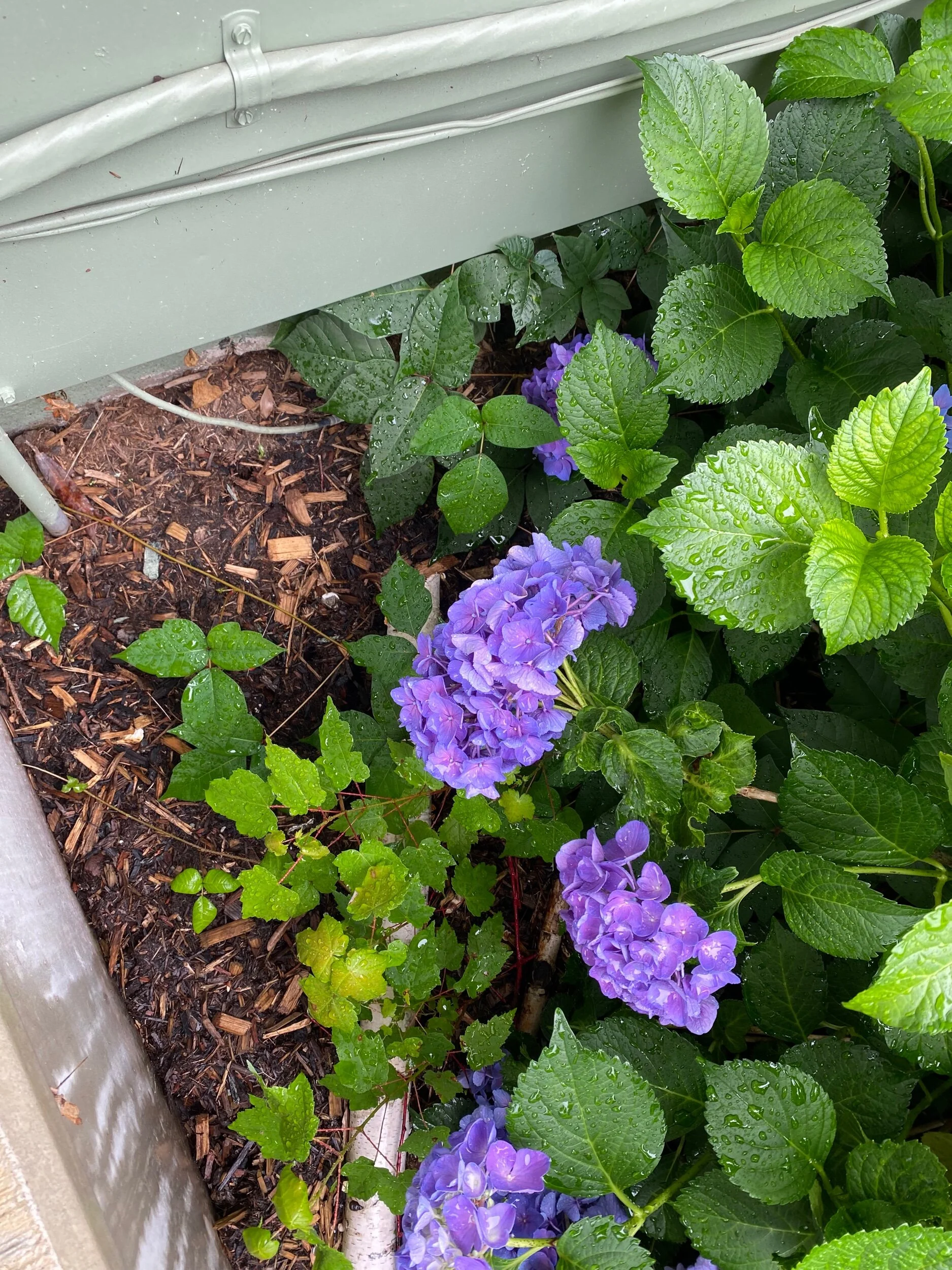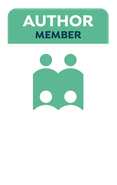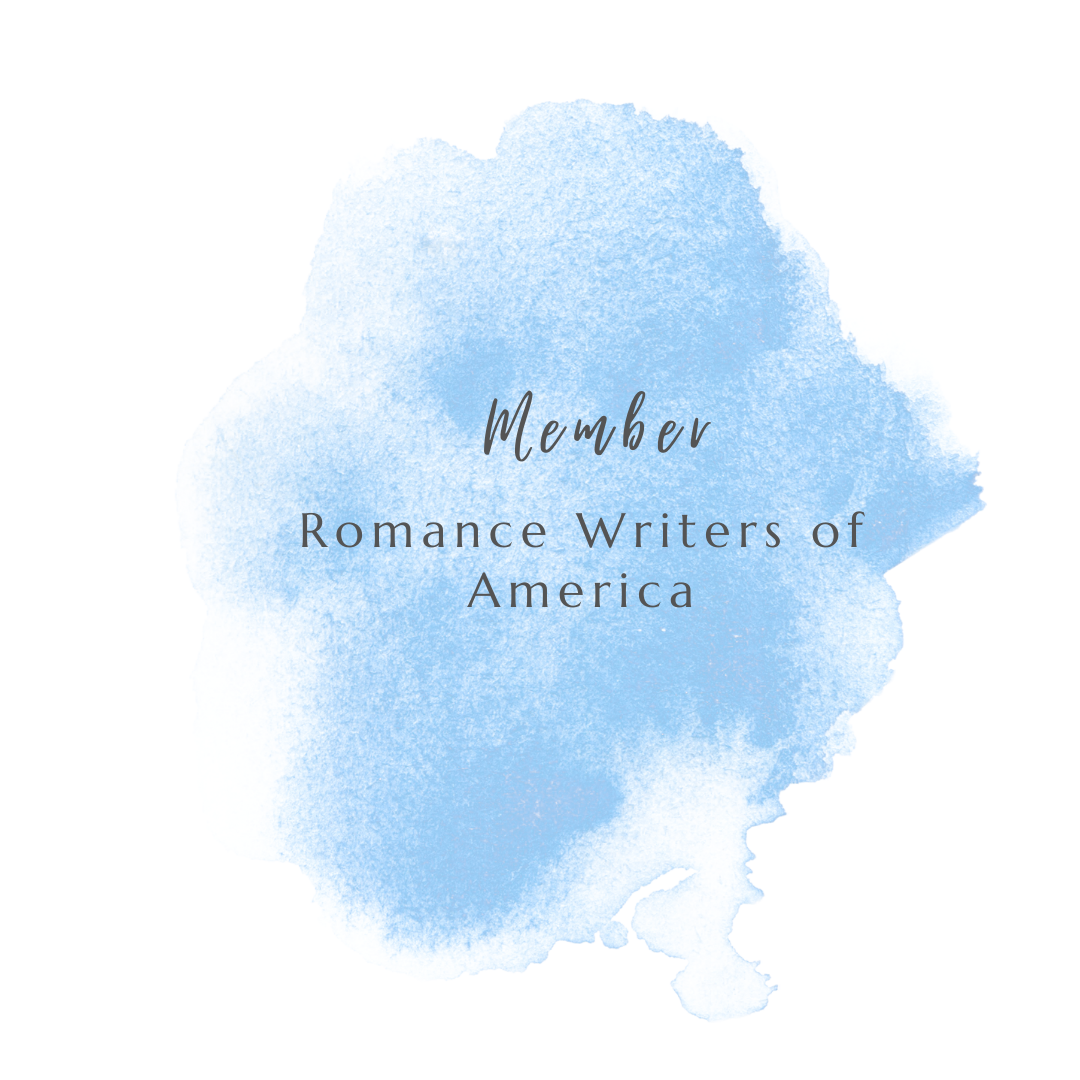Existential dread is that feeling you get when you contemplate your purpose, your reason for existence, only to realize that one day you’ll be gone and at some point after that, you’ll be forgotten. It causes you to wonder what the point of it all is. What is the meaning of life?
It’s a not an uncommon human condition. I have had long moments of dread. It can feel pretty hopeless, and fill you with anxiety and sadness. It’s a place where we may find ourselves after a crisis, or a loss, or emotional trauma of any sort, but it is not a place you want to stay.
So what can you do when this hits you? First and foremost, if these thoughts lead to despair, reach out for professional help. There is no need to suffer.
If you are managing, you can scan the internet or the self-help section of the bookstore or library. You’ll find many suggestions. Here are a few strategies I’ve found effective for me.
Distraction It isn’t always a good idea to ignore the things that bother or upset you. This isn’t the case for existential dread. You should focus on things that give you joy, or entertain you and let go of the rest. Give yourself permission to play. The first time I remember feeling this way happened early on in my marriage. I started to see that nothing was as I thought it to be, even though I’d poured my heart, soul, and my entire being into the relationship. It was a big “what is the point” time in my life. Then I found Prince. He gave me joy, he gave me a group of friends that I have still. He saved me.
Live your values Admittedly, this is not easy when you're experiencing the pain of existence. But it helps to take stock of what’s important to you. Is it family? Service? Charity? Community? Hard work? Faith in a higher power? Identify what is the most important, and dedicate yourself to living it. Let it be your purpose.
Accept that there are things you may never know It’s still hard to talk about this, but my sister died a few years ago. I miss her every day. When she died I realized that I am the last person alive in my immediate family. That truth knocked the wind out of me. Did she know how much I cherished her? Why has she abandoned me? Why is life so painful? Why can’t we live forever? I work every day to accept that while it is human to ask the questions, there aren’t always answers.
Connections There are people who matter to you. It’s easy to forget you matter to them, too. Spend time with those you love, in person or virtually. Bask in the fact that you have touched their lives in a positive way, and let them touch yours.
That may very well be our purpose.
